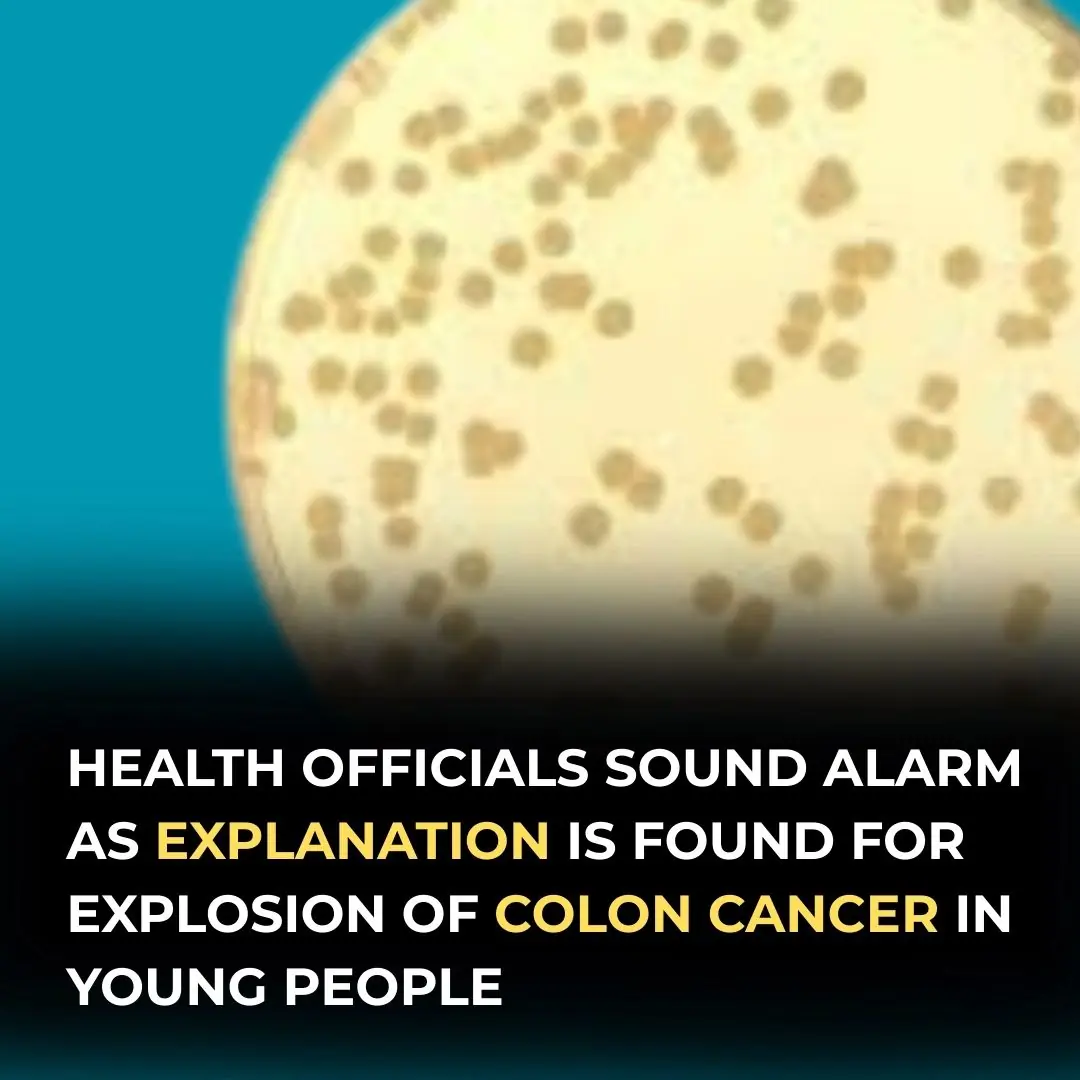
‘It’s A Common Theme’: Cancer Doctor Shares What She Regularly Sees In Her Patients Early On
Cancer is one of the most feared diagnoses a person can receive, yet early signs of the disease are often subtle, easy to ignore, or mistaken for less serious conditions. Dr. Emily Lawson, an experienced oncologist with over 20 years of practice, has seen countless patients walk into her office with a similar pattern of early symptoms and experiences. “It’s a common theme,” she explains. “People often dismiss early signs until the disease has progressed significantly.” In sharing what she regularly observes in her patients during the earliest stages of cancer, Dr. Lawson hopes to raise awareness and encourage earlier intervention.
1. Persistent Fatigue That’s Easy to Dismiss
“One of the earliest and most overlooked symptoms is fatigue,” Dr. Lawson says. Many patients report feeling tired for weeks or months before diagnosis, assuming it’s due to stress, aging, or overwork. “It’s not just normal tiredness. It’s a deep, persistent fatigue that doesn’t improve with rest,” she explains. Fatigue is common across many types of cancer because the body is working harder to fight off abnormal cells.
2. Subtle, Ongoing Pain
Early-stage cancer often causes mild, persistent discomfort rather than sharp pain. For example, patients with bone cancer might notice aching in a limb or back pain that lingers. “Pain that doesn’t go away, especially if it’s dull and you can’t explain it, should never be ignored,” Dr. Lawson advises. She emphasizes that people should trust their instincts when something in their body doesn’t feel right.
3. Unexpected Weight Loss
Another common early sign Dr. Lawson frequently sees is unexplained weight loss. Patients often lose 10 pounds or more without trying. “They usually think it’s a lucky break or a result of eating better, but the body may actually be burning more energy because of tumor growth,” she notes. Significant, unexplained weight loss should always be investigated by a doctor.
4. Changes in Skin or Lumps
Skin changes—such as new moles, changes in color, or texture—can indicate skin cancer, while unexplained lumps can be signs of tumors. “People tend to ignore lumps unless they’re painful, but most cancerous lumps aren’t painful at all in the beginning,” Dr. Lawson says. She stresses the importance of regular self-exams and being familiar with one’s own body.
5. Digestive or Urinary Changes
Many early signs of cancer show up in bodily functions. “People come in talking about constant bloating, difficulty swallowing, or changes in bowel habits that they’ve been dealing with for months,” Dr. Lawson explains. Though such symptoms can be caused by benign conditions, they can also be early signs of cancers like colorectal, stomach, or bladder cancer. “Anything persistent should be checked out,” she advises.
6. A Sense That ‘Something Just Feels Off’
Interestingly, Dr. Lawson shares that many of her patients say they had a “gut feeling” that something wasn’t right—even before any clear symptoms appeared. “There’s often this inner voice, a sense of unease, that makes people eventually go to the doctor. I always tell people to listen to that voice.”
Conclusion: Listening to the Early Warnings
The early signs of cancer can be subtle, but they often follow a recognizable pattern—persistent fatigue, unexplained changes in the body, and an inner sense that something isn’t right. Dr. Lawson urges people not to ignore these signs or to wait until symptoms become severe. “The earlier we catch cancer, the better the outcomes. Early detection saves lives—it’s that simple.” By being aware of these common themes and listening to our bodies, we stand a better chance of catching cancer when it’s most treatable.
News in the same category

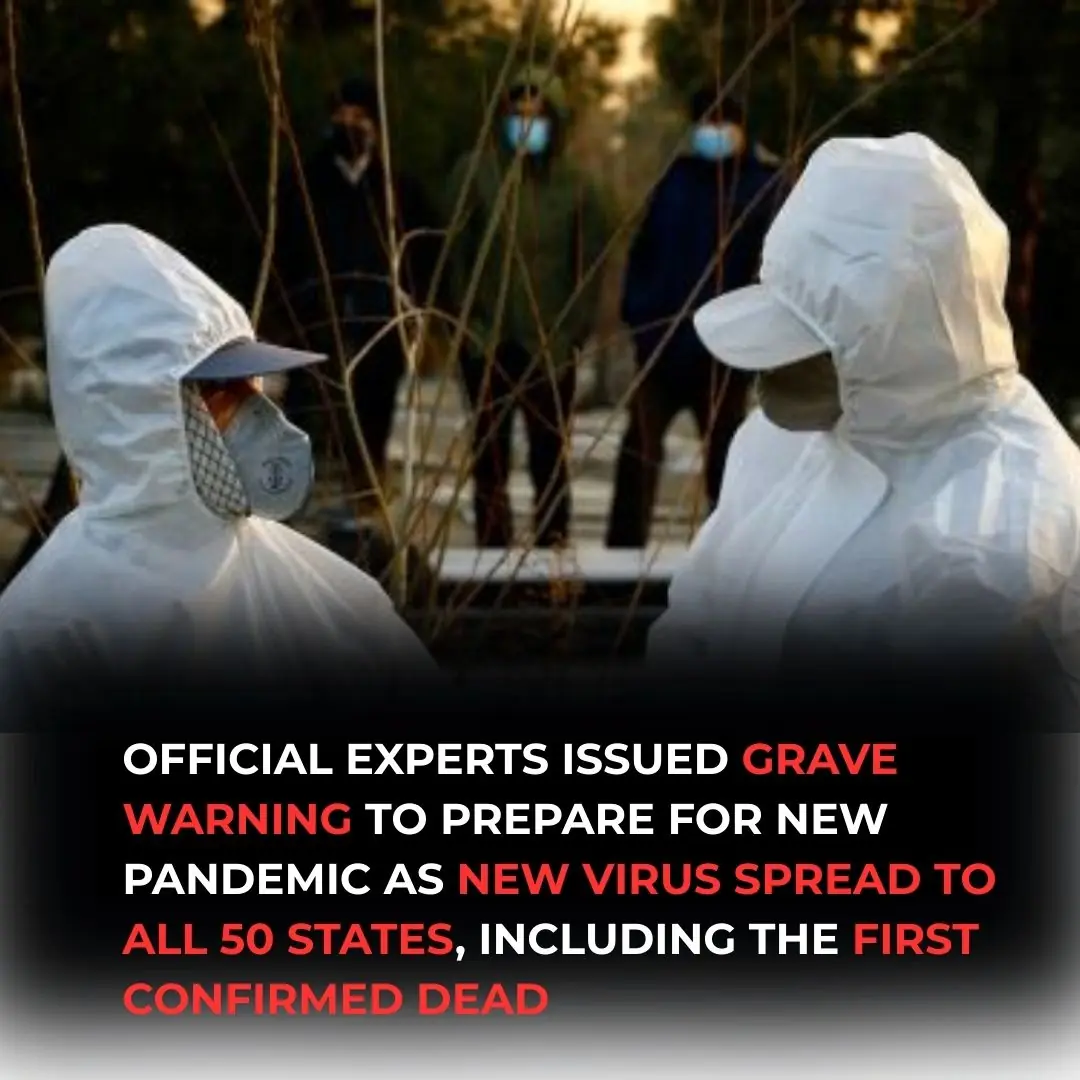
Alarming Health Alert: Experts Say New Virus Is Nationwide — America Must Prepare Immediately

The Miracle Remedy That Has People Abandoning Hospitals: Cures Cancer, Diabetes, High Blood Pressure, and Poor Circulation!

DIY Lemon Ginger Turmeric Power Shots: Boost Your Health Naturally
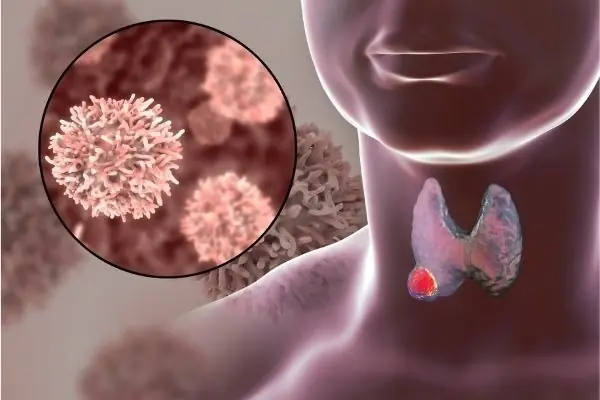
7 Early Warning Signs of Nasopharyngeal Cancer: Even One Symptom Is a Reason to See a Doctor
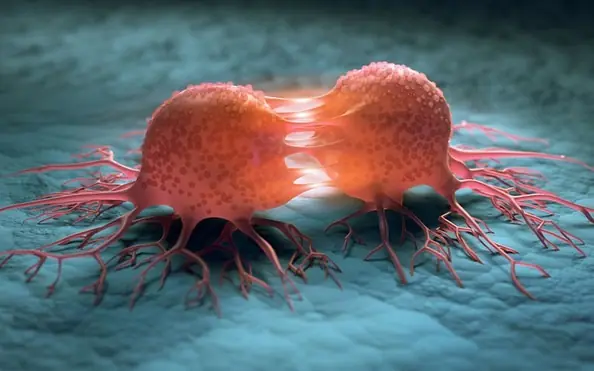
Breakthrough: Scientists Discover How to Revert Cancer Cells Back to Normal
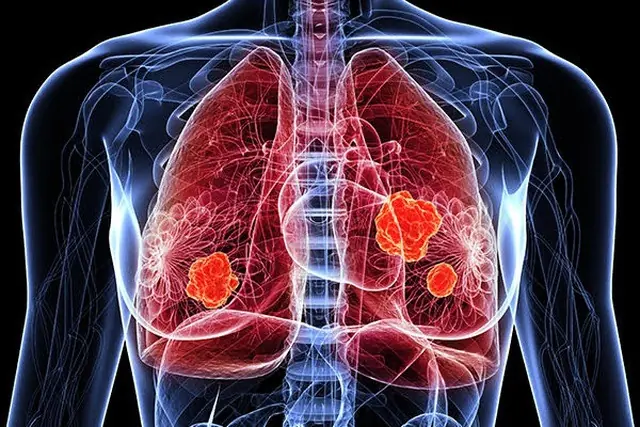
9 Early Signs of Lung Cancer You Should Not Ignore

Professors blame one childhood eating habit for surge in colon cancer among Gen Z and Millennials

What Your Tongue Says About Your Health

Tapeworms in Humans: Symptoms and Treatments (Pictures Included)

11 Health Warnings Your Fingernails May Be Sending

Lemon + Cucumber: The Underrated Power Duo That Will Transform Your Health

Refresh Your Health: Benefits of Cucumber, Ginger, Mint, Lemon, and Water

If Cancer Is Lurking in the Body, These 3 Signs Often Appear at Night — But Many People Ignore Them

Cancer Is Painless at First, But If You Notice These 8 Signs While Using the Toilet, See a Doctor Early: Don’t Ignore Them

9 Indications of lack of magnesium You Ought to Be aware

17-Year-Old Girl Hospitalized Due to Kidney Failure, Requires Lifelong Dialysis: Doctors Warn of 3 Common Habits Among Young People

Boy, 6, dies after experiencing common symptom which affects almost every child

The 7 Covid symptoms that shouldn't be mistaken for hay fever this summer
News Post

Alarming Rise In Colon Cancer Among Young People May Be Linked To Contaminated Salad, Study Finds

Met Gala 2025's 9 Hottest Looks: Rihanna 'Looking Stunning' Pregnant With Baby No. 3, Nicole Kidman 'Chopped Her Hair' & More

Staying at Home with Your Children is Harder Than Going to Work

She was dubbed ‘the most beautiful girl in the world,’ – This is what she looks like at 21

'Too Much': Halle Berry, 58, Causes a Stir with Her 'Risky' Sheer Gown with Black Stripes at the 2025 Met Gala - Photos

Alarming Health Alert: Experts Say New Virus Is Nationwide — America Must Prepare Immediately

Miley Cyrus Sparks Buzz Over Her Teeth at the 2025 Met Gala
A glamorous entrance at one of fashion's biggest nights took an unexpected turn when sharp-eyed viewers noticed something different about the pop star's smile.

The Love of My Life Disappeared without a Word decades Later, Her Funeral Gave Me the Answer — Story of the Day

After Marrying, My Wife Became Too Secretive, So One Day I Decided to Follow Her – Story of the Day

My Husband Went on Vacation with His Lady Boss to 'Secure a Promotion'—So I Sent Him off with a Surprise He'll Never Forget

My Sister Named Her Son the Same as Mine! I Didn't Understand Why Until Our Mother's Will Was Read – Story of the Day

— Move along, old man, this isn’t the place for your pennies.

The closer the wedding got, the gloomier Ilya became. Mila couldn’t understand—what had happened to him? Had he changed his mind?

HE NAMED THE CALF “BUTTONS”—BUT ONCE THE TRUCK PULLED UP, GRANDPA WOULDN’T LOOK HIM IN THE EYE
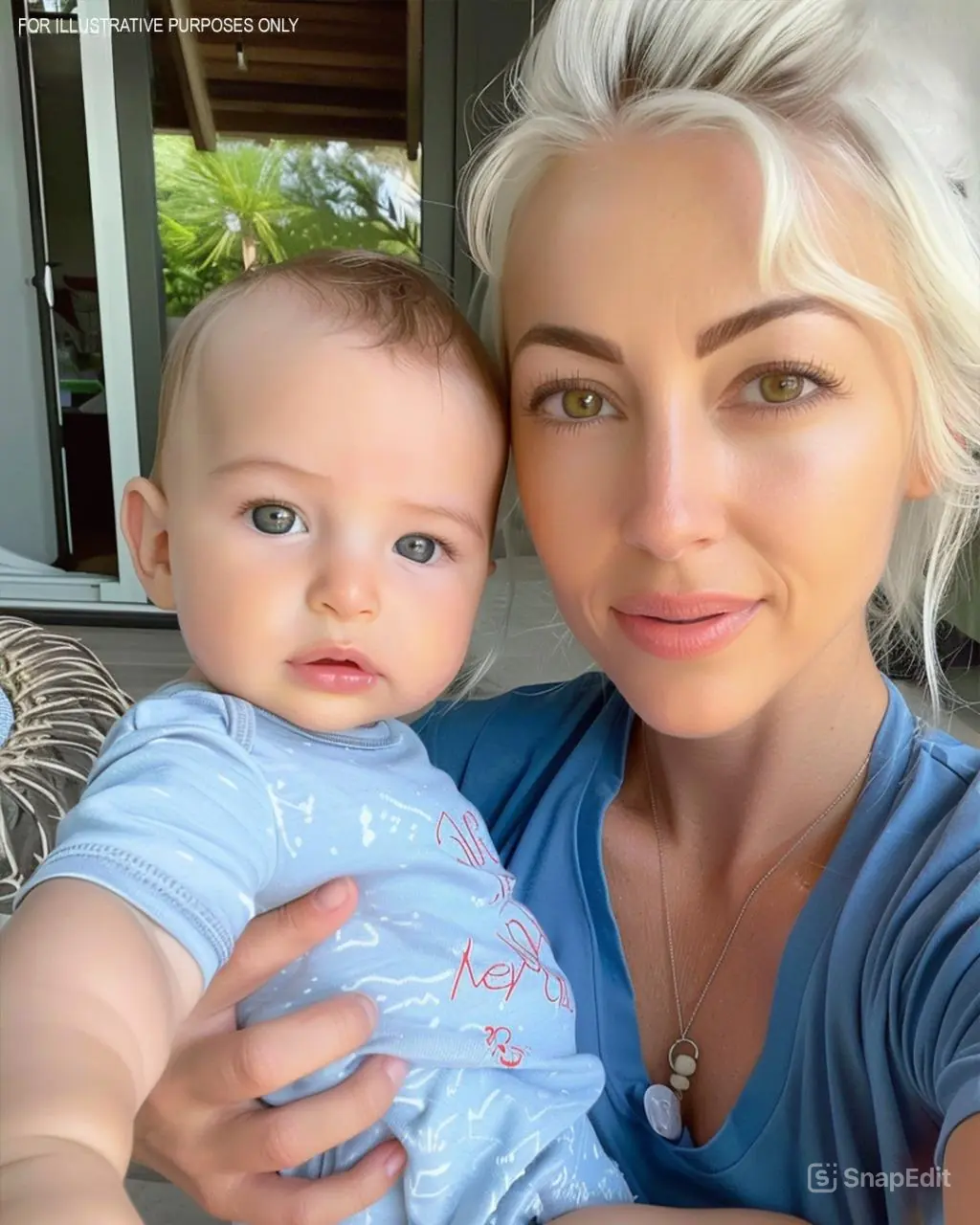
I Lost My Job After Becoming a Mom Because They 'Need Someone Who Won't Get Distracted'
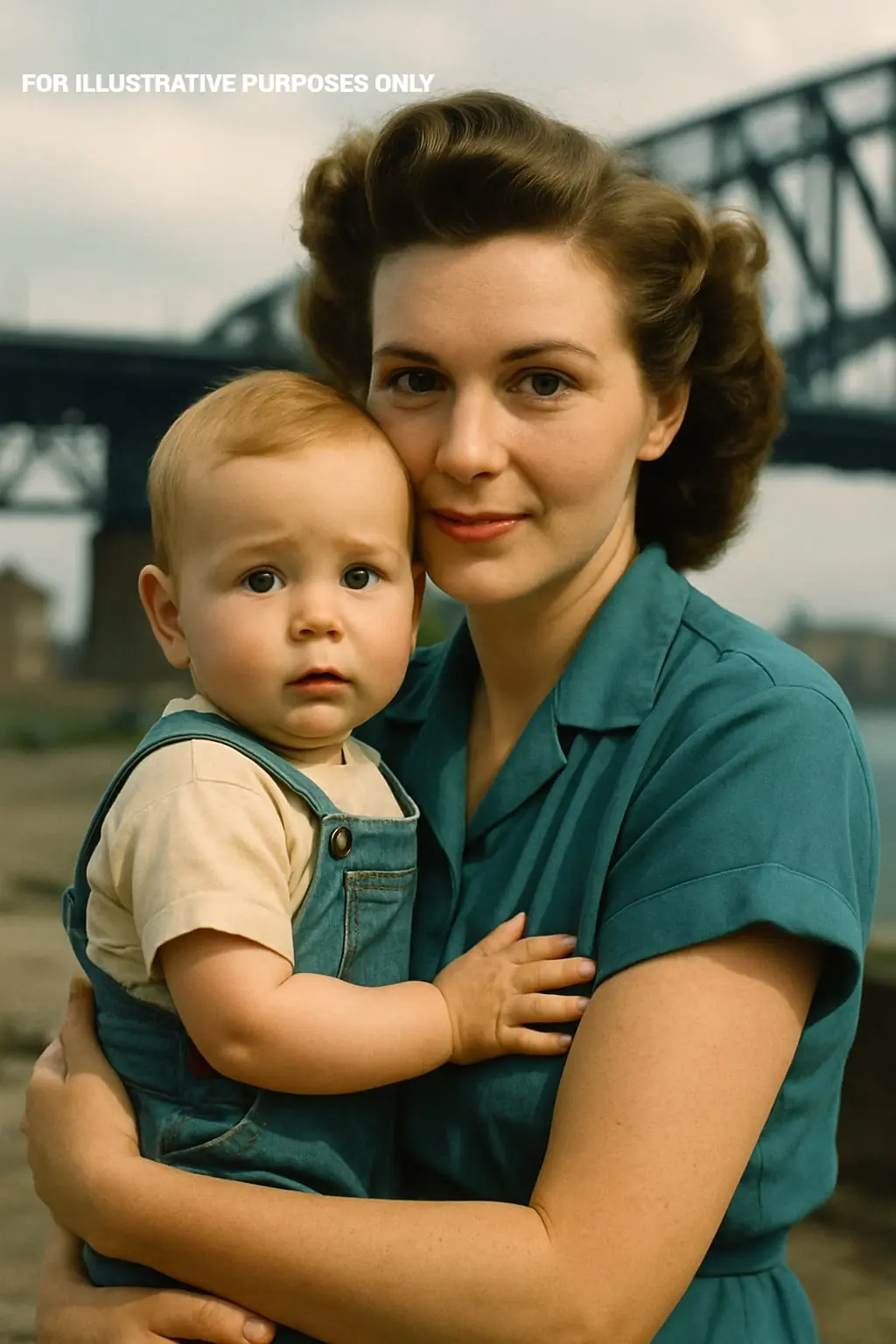
I found a three-year-old blind boy, who was unwanted by anyone, under a bridge, took him in, and raised him as my own.
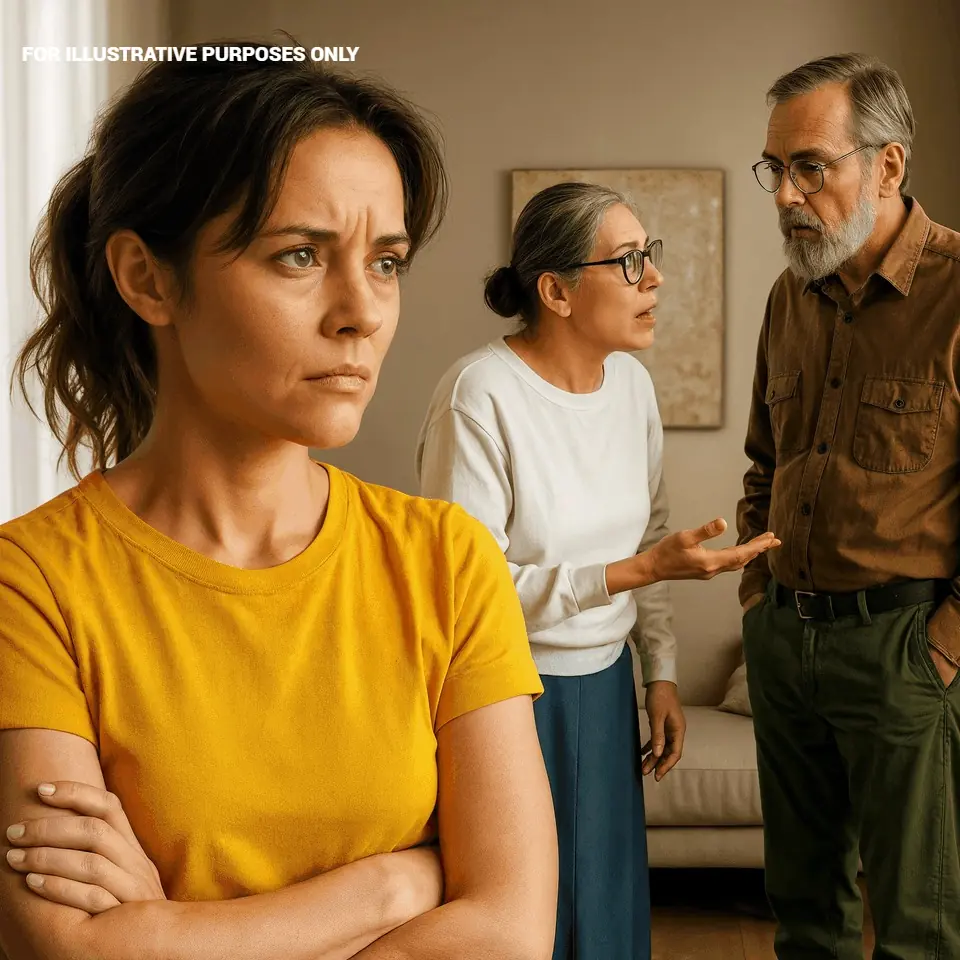
Arriving at the country house for the May holidays, Svetlana entered the hallway and overheard what her husband’s parents were discussing, and three days later, she filed for divorce.

9 Reasons Why You Should Eat Okra Multiple Times a Week

Nicole Kidman, 57, in a Stunning Black Gown, Debuts a Pixie Haircut With Dark Roots at the 2025 Met Gala, Igniting Buzz – Photos
